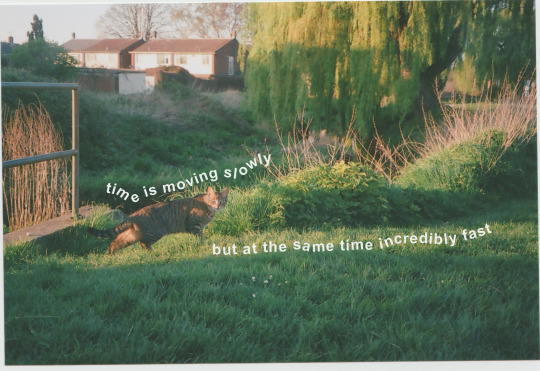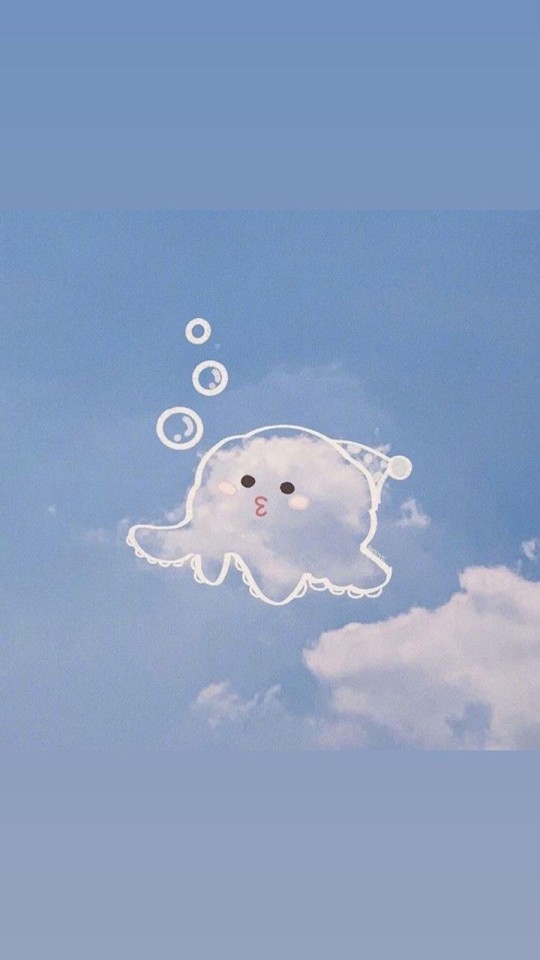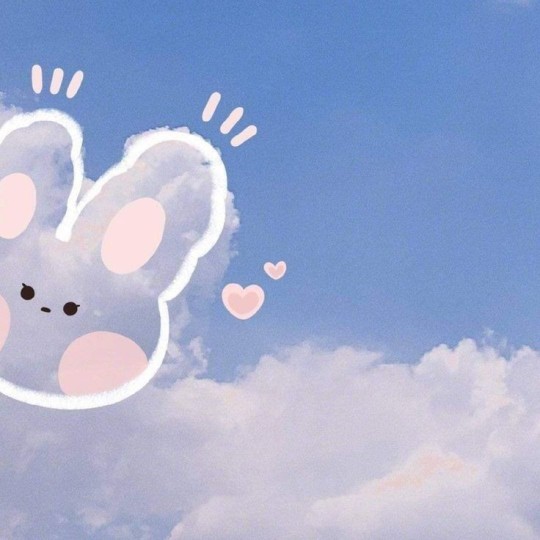Text
I just learned the French word hebdomadaire (meaning “weekly” - don’t laugh, sometimes I know the most obscure words, and fail on the really basic ones) and in one stroke realized it comes from the Greek ἑβδομάς (“the number seven”)/ἑπτά (“seven”) which gave rise to εβδομάδα (“week” in Modern Greek), and why Charlie Hebdo is called Hebdo. How everything ties together! What a good feeling!
81 notes
·
View notes
Text
i love re-visiting media from my early childhood and doing analysis using 12th Grade English Skills. The crocodile in Peter Pan that swallowed an alarm clock and follows Captain Hook around, ticking threateningly, serves as an effective metaphor for the inevitability of age and mortality. This metaphor is further strengthened by the fact that Hook and his entourage are the only adults in Neverland, and are cast as the villains in a narrative centered around an unaging child hero who seeks to ‘rescue’ other children from growing up. Hence, as with the better-known folklore character the Grim Reaper, Tick-Tock the Crocodile serves as a personification of Death.

15K notes
·
View notes
Text

take a break while watching this little bunny cross your dash
277K notes
·
View notes
Photo

If Andromeda were brighter, this is how it would look in our night sky.
Distance to Earth: 2.537 million light years.
(Image credit: Tom Buckley-Houston)
4K notes
·
View notes
Text
“If you go to an old Japanese temple, you sit on the tatami mat and look out to the garden. You see the garden framed by the projecting eaves. So these eaves can be classified as a kind of architectural element that captures external space. You feel you’re sitting inside, but at the same time you are also looking at exterior space. So, I’m interested in how to relate interior space to exterior space. There are many different ways.”
— Yoshio Taniguchi, Talking with Taniguchi, by C.B. Liddell, Architecture Week, 13 February 2008
86 notes
·
View notes
Text
“Emotional abuse works like this: You are screamed at, and then, not knowing any better, you stand up for yourself. You think this is a way of being strong. You think this is a defense tactic.But this only provokes more screaming. Going silent provokes more screaming too, but usually it keeps the threats to the minimum. It keeps it just at screaming and not: a shove down the stairs, or order to pack your stuff and get out. So you learn how to go silent. How to play dead. How to cry without making a noise. How to swallow noise. How to wipe your cheeks, get out of the car, and go about your day. You learn. And when the screaming has stopped, when the two of you are in the car or out to dinner and they’re all smiles, all asking for favors, all questions, you are still hurt and annoyed and want to ask them, how? How can you speak to me like that? How can you pretend you did not say those things? How can you have forgotten? But you’ve learned. So you listen to, “Can I borrow your key”s and “how was your day”s and you play dead. You swallow the noise. And sometimes it doesn’t matter who is speaking to you, it doesn’t matter if they’re a friend, it doesn’t matter if their criticism is constructive, it doesn’t matter. You’ve learned. Any sort of speaking, any raising of the voice, any insult and you play dead.”
— Good Girl, Lora Mathis
78K notes
·
View notes
Text
reading alone in your room at sunset with your windows open while the wind caresses your skin is probably the closest thing we have to a cure for the human condition
91K notes
·
View notes
Text
“If you feel exhausted after being with a group of people then maybe you are meant to be with one person at a time. Maybe you’re the kind of someone who truly listens when a person is broken, hopeless, and needs a little bit of kindness in their life. Maybe you’re the kind of someone who likes talking about philosophy, aliens or the meaning of the universe at 3 am, and there’s a person out there who likes having those conversations too. Maybe you’re the kind of someone who naturally cultivates a person’s belief when you gently remind them that their own ideas for the betterment of their life are not crazy but are beautiful, wonderful, and amazing. Maybe you’re the kind of someone who helps people leave this world much better than they once found it, and that in itself is a remarkable way to exist.”
— Juansen Dizon, The Counselor
9K notes
·
View notes
Text
Yaar | ﮼يار | यार
Yaar; a soft word that overflows with emotion as though it is a verbal feeling, defined as “beloved friend”. Of Hindustani/ Pakistani origins, this term can be used to kindly address a general friend/pal, as well as a soulmate, very close companion or even lover, depending on how and who it is said to. Spoken from one heart to the next, Yaar travelled to the Persian, Dari, Uzbek, Azerbaijani, Armenian and Turkish vocabulary. Astonishing how one word comprises various levels of friendship, love, and connection, and is used passionately across nations.
4K notes
·
View notes
Text
忍 ren
(as in 忍受 or 忍耐) means “endure”. It is made of two core chinese characters stacked on top of each other.
刀 dao, which means “knife”;
and 心 xin, which means “heart”.
5K notes
·
View notes
Text
One of the prettiest moments in winter is when the sun starts to come out again in like february/march but it’s still cold but that doesn’t matter because everything feels light and fresh and you walk outside without freezing because the sunshine is warming your face and everything is starting to wake up
89K notes
·
View notes
Video
47K notes
·
View notes
Photo

testing out some fun text + a handsome little man i met on a walk
80K notes
·
View notes
Text
“We don’t often think in terms of color and light when it comes to smell, perhaps because we have so few words for scent that we borrow from the lexicons of our other senses. Despite the fact that smell is our most ancient sense — our so-called “lizard brain” is also sometimes termed the rhinencephalon, literally the “nose brain” — it is also one that seems to elude language. “Smell is the mute sense, the one without words,” wrote Diane Ackerman in A Natural History of the Senses. “Lacking a vocabulary, we are left tongue-tied, groping for words in a sea of inarticulate pleasures and exaltation. We’ve had eons to come up with words for the precise smell of fresh-turned earth or the exact scent of a blazing beach fire, and still the best we can do is earthy and smoky.”
The Ugly History of Beautiful Things: Perfume
23 notes
·
View notes



